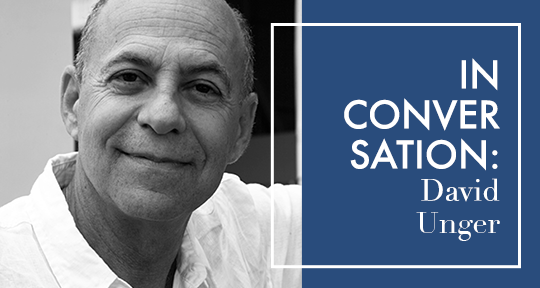This week, our editors-at-large fill us in on literary controversies, new releases, and returning festivals. From a conflict over a literary prize in Bulgaria to new short story collections from Asymptote alums, read on to find out more!
Andriana Hamas, Editor-at-Large, Reporting from Bulgaria
In July, I reported on the then unfolding conflict surrounding the proclaimed winner of the Novel of the Year award, given by the endowment fund 13 Centuries Bulgaria. It had turned out that Boris Minkov, the editor of the book (Вулкан or “Volcano” by Elena Alexieva), had also been a member of the jury, a fact that seemingly everyone had overlooked. The heated debates surrounding the legitimacy of the final choice led to Alexieva giving up her prize and the annulment of the decision.
In a recent development, Manol Peykov, managing partner at Janet 45, Вулкан’s publishing house, announced he would be withdrawing all nominated Janet 45 books from the competition as a way of making a statement against the way the above-mentioned crisis was resolved. The formal written withdrawal, which he shared on his personal Facebook profile, described the manner of dealing with the situation as “unacceptable, unprofessional, unethical and unfair.” The document questioned an existing legal ambiguity in the contest’s terminology: “No less worrying is the fact that neither [the organizers’] statements nor the published rules of the competition make it clear exactly what the definition of ‘conflict of interest’ is. Is it a conflict of interest for a member of the jury to have been or currently be published by one of the participating publishers? Or be close friends (or even bitter enemies) with any of the nominees? Or to have very recently received an unequivocal rejection from one of the other participating publishers?”
An official reply has yet to be issued. READ MORE…







